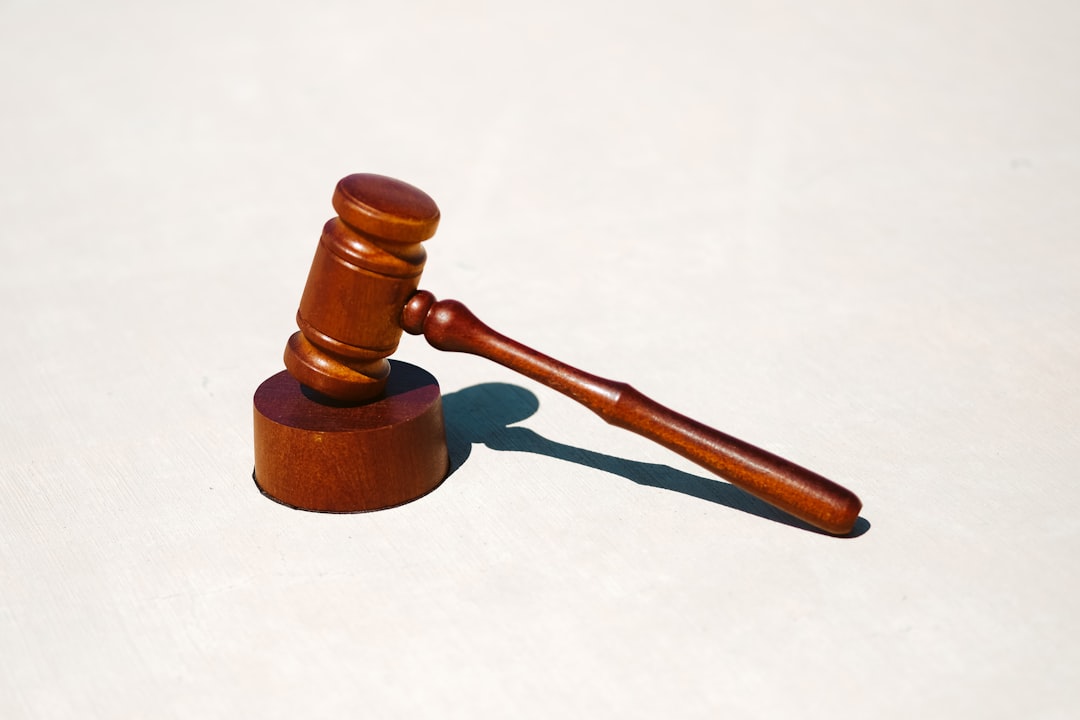Elderly sexual assault in New Jersey is addressed by specialized law firms and state laws that recognize the vulnerability of older individuals. These firms assist victims by providing legal guidance, navigating complex cases, and ensuring fair treatment, addressing unique challenges like fear, embarrassment, and concerns about belief. Non-profit organizations, government agencies, and law firms offer confidential services, counseling, and pro-bono representation to protect elderly victims' rights and empower them to seek justice.
In New Jersey, addressing elderly sexual assault cases is a critical aspect of justice. This article delves into the intricate process through which the courts navigate these sensitive matters, focusing on understanding the specific laws governing elderly sexual abuse and the support systems available for victims. From reporting to trial, we explore the steps involved, ensuring clarity for both legal professionals and potential clients. Moreover, discover the resources dedicated to assisting elderly survivors, including prominent NJ-based law firms specializing in this field.
Understanding Elderly Sexual Assault Laws in NJ

In New Jersey, elderly sexual assault laws are designed to protect vulnerable adults and ensure justice for victims. These laws recognize that older individuals may be more susceptible to exploitation and abuse due to various factors, including physical frailty, cognitive impairment, or isolation. The state’s legislation aims to hold perpetrators accountable and provide specialized support to survivors of elder sexual abuse.
Elderly sexual assault law firms in NJ play a crucial role in advocating for victims’ rights. These legal professionals are well-versed in the complexities of these cases and can guide clients through the process. They ensure that victims receive fair treatment, helping them navigate the legal system while addressing their unique needs. By understanding the applicable laws and working with experienced attorneys, survivors can take the necessary steps to seek justice and hold perpetrators responsible for their actions.
The Process: From Reporting to Trial

When an elderly individual becomes a victim of sexual assault, the process of seeking justice is both complex and sensitive. In New Jersey, the courts have established protocols to handle these cases with care and urgency. The journey begins when a trusted person, often a family member or caregiver, recognizes the signs of abuse and encourages the victim to report the crime. Many elderly sexual assault victims face unique challenges, including fear, embarrassment, and concerns about belief and support, which is why it’s crucial to have specialized legal assistance from elder sexual assault law firms in NJ.
Following the reporting, law enforcement officials conduct an initial investigation, gathering evidence and interviewing witnesses or potential suspects. If sufficient evidence exists, charges are filed, leading up to a trial where the court examines the facts and decides on guilt or innocence. The entire process requires meticulous handling of sensitive information while ensuring that the victim’s privacy and dignity are maintained throughout.
Support and Resources for Elderly Victims

Elderly victims of sexual assault often face unique challenges in seeking justice and healing. In New Jersey, there are dedicated resources and support systems in place to assist them. Many non-profit organizations and government agencies offer confidential services tailored to help elderly survivors cope with the aftermath of such traumatic experiences. These organizations provide legal aid, counseling, and advocacy, ensuring that victims’ rights are protected under the state’s stringent elderly sexual assault laws.
One notable aspect is the availability of specialized elderly sexual assault law firms in NJ, which have experienced attorneys who understand the complexities of these cases. These law firms offer pro-bono or affordable services, making legal representation accessible to those who might otherwise face barriers due to financial constraints or lack of awareness about available resources. Through such initiatives, New Jersey strives to create a supportive environment for elderly victims, empowering them to take control and seek the justice they deserve.






